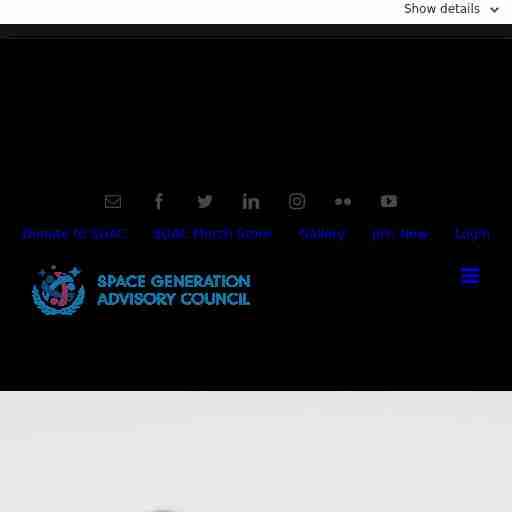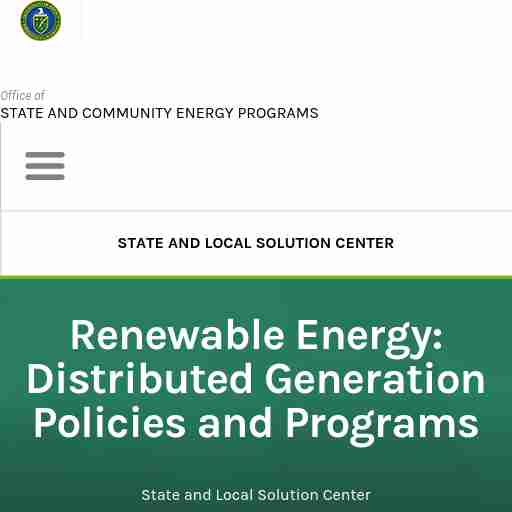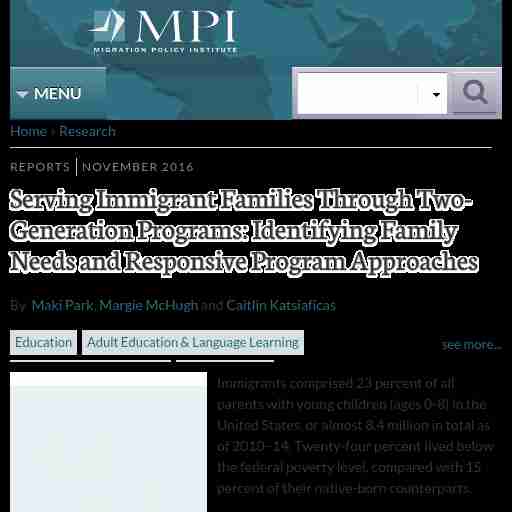The Generations Policy Project is an initiative aimed at addressing the challenges faced by different generations in society. It is a non-profit organization that works towards creating policies and programs that benefit all age groups, including children, youth, adults, and seniors.
The Generations Policy Project recognizes that each generation faces unique challenges and opportunities. It aims to create policies that address these challenges while also promoting intergenerational cooperation and understanding.
For example, the project may focus on issues such as:
By addressing these issues, the project aims to create a more equitable society where people of all ages can thrive.
The Generations Policy Project has several key goals:
The Generations Policy Project works through a variety of channels to achieve its goals. These include:
The Generations Policy Project focuses on policies and programs that benefit people of all ages, from young children to seniors.
No, the Generations Policy Project is a non-partisan organization that works with policymakers from all political parties to create policies that benefit all age groups.
You can get involved with the Generations Policy Project by:
The Generations Policy Project is an important initiative that recognizes the unique challenges faced by different generations in society. By creating policies and programs that address these challenges while also promoting intergenerational cooperation and understanding, it aims to create a more equitable society where people of all ages can thrive. Whether you are a young person just starting out in life or a senior looking for support in your golden years, the Generations Policy Project is working towards creating a better future for us all.

Mar 10, 2023 ... Conceived during the 2011 Space Generation Congress by SGAC members Chris Johnson and Joyeeta Chatterjee, our project group is open to young ... EmailFacebookTwitterLinkedInInstagramFlickrYouTube Donate to SGACSGAC Merch StoreGallery Space Law and Policy Project Group About the PGSpace Law & Policy Blog Space Law and Policy Project Group We’re in a dynamic era of space exploration characterized by the rapid emergence of new uses of space that require laws and policies to enable them. That’s what we, SGAC’s Space Law and Policy Project Group, are here to do. We undertake research on space-related international and national laws, but also offer insight on evolving objectives and action plans of stakeholders in the international space community. We’re dedicated to delving into and analyzing current issues in international space law and policy as well as emerging challenges posed by new space actors and activities. Conceived during the 2011 Space Generation Congress by SGAC members Chris Johnson and Joyeeta Chatterjee, our project group is open to young professionals and university students from all backgrounds. Our primary goal is to organize and educate one another on all sources of space law (policy included). We succeed when the voices of the youth are heard in global discussions on legal, political, social, ethical, and other aspects of outer space. Our team is currently focused on the following research areas: Earth observation and human rights UN Committee on the Peaceful Uses of Outer Space The Space Law and Policy Project Group has identified the following goals: Engage in critical debates about existing legal and policy aspects concerning space activities
---

Distributed generation is the term used when electricity is generated from sources, ... Shared Solar: Utility, Private, and NonProfit Project Development. STATE AND COMMUNITY ENERGY PROGRAMS STATE AND LOCAL SOLUTION CENTER HOME WEATHERIZATION ASSISTANCE PROGRAM STATE AND LOCAL SOLUTION CENTER STATE AND LOCAL SOLUTION CENTER About the State & Local Solution Center Homes, Buildings, & Manufacturing Renewable Energy: Distributed Generation Policies and Programs State and Local Solution Center State and Local Solution Center Renewable Energy: Distributed Generation Policies and Programs Distributed generation is the term used when electricity is generated from sources, often renewable energy sources, near the point of use instead of centralized generation sources from power plants. State and local governments can implement policies and programs regarding distributed generation and its use to help overcome market and regulatory barriers to implementation. Resources related to different types of distributed generation renewable energy policies and programs are available below. Explore Our Popular Tools and Resources Top resources for state and local government from the State and Local Solution Center. Community renewable programs provide community members with a renewable alternative to conventional energy sources in the form of power and/or financial benefit generated by renewable energy systems. DOE Resource: A Guide to Community Shared Solar: Utility, Private, and NonProfit Project Development Other Resource: Interstate Renewable Energy Council: Model Rules for Shared Renewable Energy Programs ENABLING LEGISLATION: THIRD-PARTY OWNERSHIP
---

Nov 17, 2016 ... RESEARCH: Two-generation programs that weave together early childhood ... Identifying Family Needs and Responsive Program Approaches. Serving Immigrant Families Through Two-Generation Programs: Identifying Family Needs and Responsive Program Approaches Serving Immigrant Families Through Two-Generation Programs: Identifying Family Needs and Responsive Program Approaches By Maki Park, Margie McHugh and Caitlin Katsiaficas EducationAdult Education & Language LearningEarly Childhood EducationK-12 EducationWorkforce & Vocational TrainingEmployment & the EconomySkillsImmigrant IntegrationChildren & Family PolicyImmigrant Profiles & DemographicsU.S. Datasee more... Immigrants comprised 23 percent of all parents with young children (ages 0-8) in the United States, or almost 8.4 million in total as of 2010–14. Twenty-four percent lived below the federal poverty level, compared with 15 percent of their native-born counterparts. By addressing the needs of low-income parents and their young children simultaneously, two-generation programs have great potential to uplift whole families and break cycles of intergenerational poverty. Generally speaking, these programs seek to weave together high-quality early learning opportunities for children with initiatives directed at their parents, including adult education, workforce training, parenting skills, and other supports that strengthen family stability and thereby improve the children’s chances of lifelong success. Little research exists on the success of these programs in reaching immigrant families. This study, which scanned a number of large two-generation programs across the United States working with immigrant families, concludes that the field must tailor its approaches to reach a population that faces specific barriers, including limited English proficiency and low levels of formal education.